BEIJING — The World Health Organization has not even released its final report exploring the origins of Covid-19, and yet it’s the subject of a fresh rift between China and the United States, with the embattled health organization in the middle.
The WHO led a four-week, fact-finding mission in China to try to find out more about where the coronavirus came from.
The tour has been dogged by questions over whether Chinese officials have been fully transparent and cooperative in releasing data, and whether the WHO team members have been fully independent and impartial when it comes to dealing with their host country.
“It’s kind of disappointing that it’s come to controversy already — the report is not even out,” Peter Daszak, a member of the mission who is also president of the EcoHealth Alliance, a New York nonprofit focused on emerging infectious diseases, told NBC News on Monday. “I hope the politics steps to one side and lets the science speak for once. We’ve done enough politicking around this pandemic.”
Over the weekend, the administration of President Joe Biden questioned not only the actions of the Chinese government, but also the conduct of the WHO team itself.
“We have deep concerns about the way in which the early findings of the Covid-19 investigation were communicated and questions about the process used to reach them,” national security adviser Jake Sullivan said in a statement Saturday.
The Chinese Embassy in Washington hit back, accusing the U.S. of “pointing fingers at other countries who have been faithfully supporting the WHO.”
Download the NBC News app for the latest news on the coronavirus
That was a reference to former President Donald Trump’s withdrawal from the WHO after he accused it of being “a puppet of China.” Trump was not alone in some of his criticisms, with plenty of other experts alleging Chinese officials initially covered up aspects of the virus, and that the WHO was too credulous in believing and then amplifying Beijing’s reassurances.
On Monday, Tedros Adhanom Ghebreyesus, the WHO’s director-general, defended the WHO-led team, whose experts comprise a range of organizations and nationalities.
“Whatever conclusions that come, these are independent experts,” Tedros told a press conference. “We don’t tell them what to do, they will present their independent report.”
The latest barbs came after several media reports, including The New York Times, suggested Chinese officials had pressed the team to accept Beijing’s narrative about the source of the virus and refused to hand over key data, including blood samples that could give vital information about how widely the virus might have been circulating in China in 2019.
The waters were muddied further over the weekend, when one of the WHO team members who was quoted in these reports tweeted that her words had been “twisted, casting shadows over important scientific work.”
Daszak again poured cold water on those reports, saying it was an “open and transparent process” and criticizing the preemptive political reaction.
“They’ve not seen what’s in the report, read the report, and then we’ll talk about whether it’s enough, or whether more needs to be done,” he said. “You know, I really hope that we’re going to leave the politics of the Trump era behind.”
He added, “It’s not fruitful, it’s not useful. It’s politics. And what we need now is science. So let the report come out. And then let’s talk.”
He confirmed there had been “heated discussions” between the WHO team and their Chinese counterparts but characterized them as no different than the discussions that are found in many teams of scientists. “We had robust discussions, for sure,” he said. “But we have a consensus. I think that’s a really important point.”
The WHO team was never expected to find anything that definitely proved where the virus came from.
“It’s not realistic to expect that we will come out of this after and be like: here it is,” said Marion Koopmans, a WHO team member and Dutch virology professor at the Erasmus University in Rotterdam. She was speaking with NBC News during the fact-finding mission in Wuhan earlier this month. “It takes time. And that doesn’t mean things are covered up.”
But this week, Daszak said they were able to glean a “huge amount of new information.”
While he said that it was “extremely unlikely” to have escaped from the Wuhan Institute of Virology, one theory pushed by Trump and others, he did not discount the idea that the virus traveled inside frozen food packaging. Not widely supported by experts outside China, this theory has allowed the country’s state-controlled media to suggest that the virus originated elsewhere.
A far more likely explanation centered around the Wuhan market, according to Daszak. At least 10 vendors were selling animals that can carry coronaviruses, and their supply chains led to farms in southern China where bats carry close relatives of this virus, he said.
“It’s a gun without the smoke,” Daszak said. “It is as clear as day to me that that’s a plausible pathway, and to most of the team.”
He added, “It was a resounding unanimous, yes, this is the most likely pathway from everyone in the room, including on the China side too.”
Janis Mackey Frayer reported from Beijing and Alexander Smith reported from London.

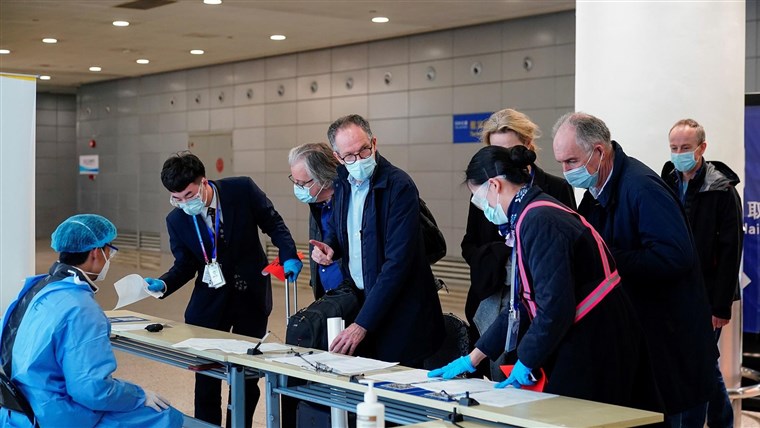


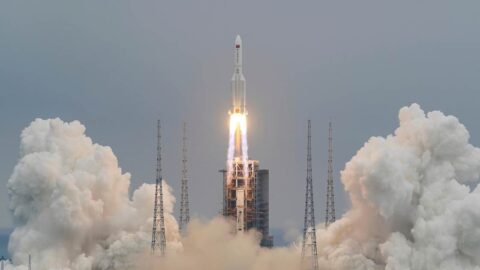
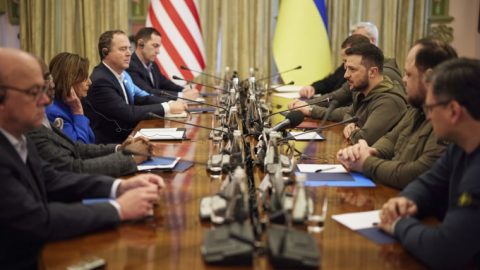
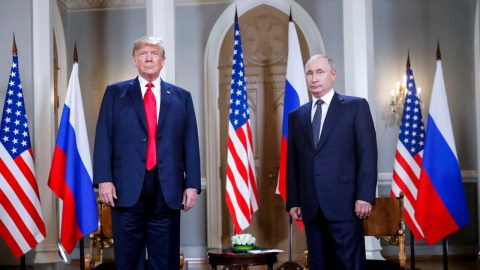
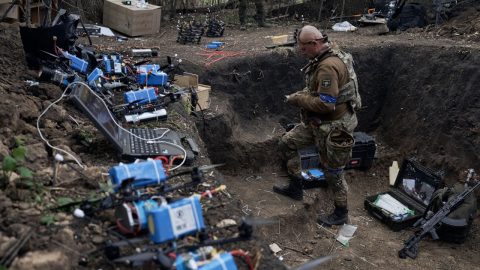
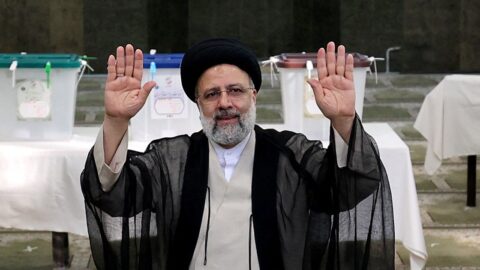
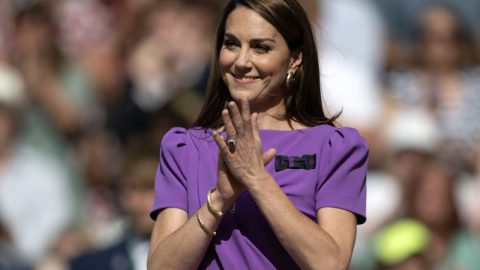
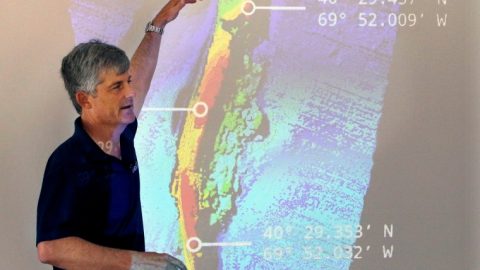

Recent Comments